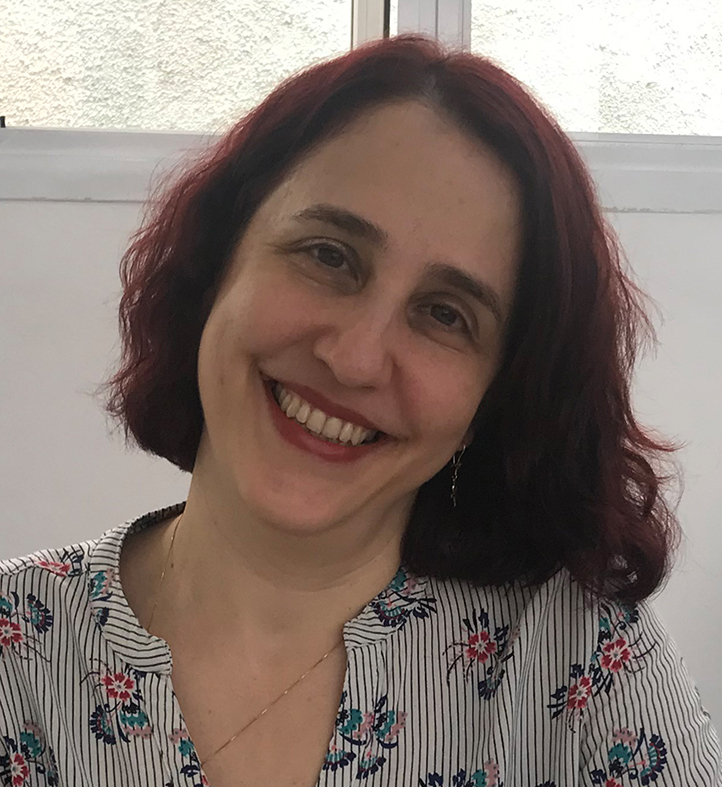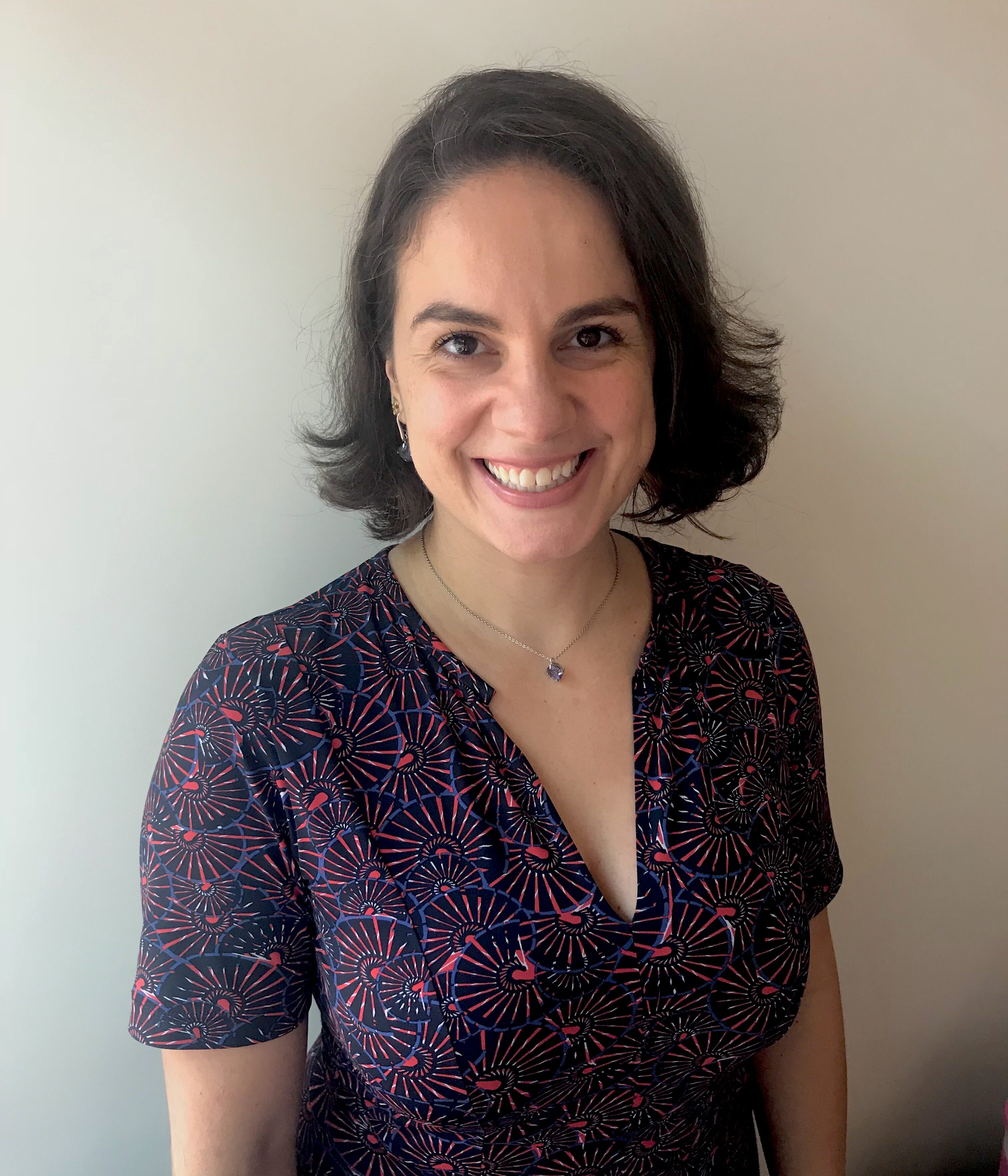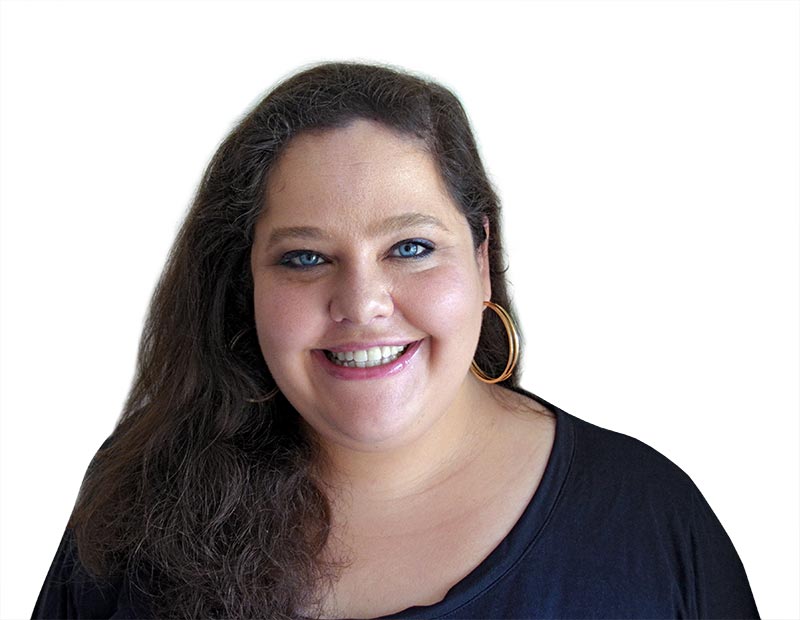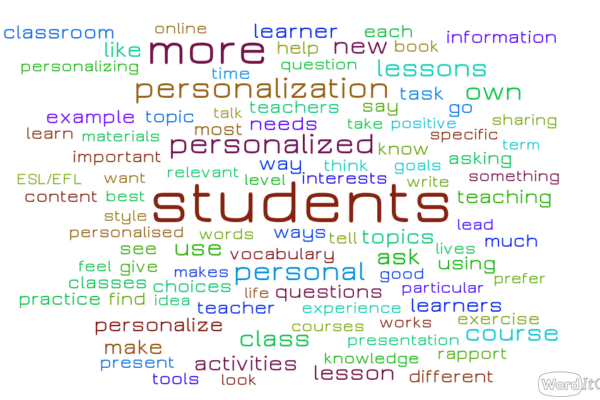Greenhouses, Gardens and Jungles – 2
Taking the DELTA has changed me as a teacher in many ways, but I believe that it has most influenced the way I perceive and teach listening. I first came across the term ‘decoding’ when my dear tutor Melissa Lamb from IH London introduced me to John Field’s book ‘Listening in the Language Classroom’. Later on, I came across Richard Cauldwell’s brilliant book ‘A Syllabus for Listening – Decoding’. This is the second post inspired by these brilliant minds which have also shaped me as a teacher and as a person.
Those who know me, know that I love questions!
Focusing on the understanding of meaning or on learning to decode?
Which actions will better prepare learners to deal with listening in the real world?
How do we, as teachers, learn to teach decoding?
How can we empower learners to become successful listeners?
In order to tackle these questions, we need to examine our practices when it comes to teaching listening. For instance, do we favor bottom-up processing activities or top-down processing activities? See Jack C. Richards on Listening Comprehension. Mr. Cauldwell defines decoding as the ability to recognize the words that occur in the sound substance and understanding as the ability to interpret the meanings conveyed by the speaker. In L1, we usually extract meaning with such an automaticity that does not require too much hard work on decoding. But when it comes to L2, it is not necessarily so. Traditionally, ELT’s approach to listening leads us to work at the level of understanding, expecting that learners will learn to decode as a by-product of successful work on meaning. We activate learners’ schemata, i.e., we teach them to expect meaning, they listen to recordings and we confirm their expectations (or not). This reminds me of testing rather than teaching, but that’s for another post… As teachers, we are usually far less expert at the level of decoding (Why?!). For this reason, we tend to devote more class time to the capture of meaning.
But how does it affect learners? For one thing, when we tend to focus mainly on meaning; we usually test listening instead of teaching it. Also, we may end up overlooking the realities of the sound substance and the challenges learners face when listening. For instance, when learners mishear words from a recording, we tend to teach them to focus on contextual clues, background knowledge, cultural knowledge, knowledge of the world, etc. If we, however, understand that such mishearing may be a lack of decoding abilities, we may help them more effectively by teaching them to decode instead of always relying on meaning. Mr Cauldwell beautifully explains it as being aware of “the acoustic realities of the sound substance.
Let’s take a moment to revisit the concept of Green Houses, Gardens and Jungles explained in my previous post:
The Greenhouse would represent words spoken in isolation, i.e. there would be no contact with neighbouring words. (…) The Garden would be the words in phrases and sentences, i.e., there would be contact with neighbouring words. (…) The Jungle – my favourite! – represents spontaneous speech as they happen in real life: “words are crushed out of shape”, as Cauldwell wisely puts it.
Mr Cauldwell challenges us teachers to understand ‘The blur gap”. Simply putting, it would be “the gap between what expert listeners believe they hear (greenhouse or garden-like words) and what the sound substance actually contains”. In order to exemplify it, I usually tell my learners the following example: Imagine yourself teaching an American to say “Onde é que você irá hoje a noite?” /ˈõdʒi ˈɛ ki vosˈe iɾˈa ˈɔʒi ˈa nˈojtʃi/. If we want to teach them to sound natural in Portuguese, this sentence is likely to sound something like: /dʒɛkisevaiɔʒinojtʃi/, and I also adapt the finger technique correction (see Underhill page 161) to illustrate the Garden and the Jungle so that learners understand that in L2 the sound substance goes through the same changes as they do in L1. The only difference is that, as native speakers of Portuguese, we don’t (need to) pay attention to such changes. I then ask my learners, if we want to actually teach your American friends to communicate effectively in Portuguese, what should we teach them? The Garden or the Jungle? If we focus too much on understanding meaning and devote no attention to developing the ability to decode, learners might keep on expecting to listen to the Garden or Greenhouse versions when they will actually get the Jungle. And then they might even start believing in that famous misconceived idea that to learn a language you have to travel abroad.
In a Skills development lesson – Listening, I sometimes wish I could hear together with learners, as if I could feel what they feel when listening (this is one of the reasons why I chose to learn several other languages – to undergo the learning process again and again, hoping it makes me a more empathetic teacher!). I did find some comfort when Mr. Cauldwell explains that learners usually feel lost when listening to recordings for several reasons, such as (1) teachers and learners are at different starting points when listening, and as teachers, we might disregard where learners actually are, focusing too much on where we want them to be; (2) learners expect to listen to the Garden or the Greenhouse, when, in fact, they will encounter Jungle, and won’t be able to connect that stream of speech to the words they know (in isolation).
That’s all for now – I’m quite curious to know what your take on this subject is…
Reference:
Cauldwell, R. (2018) ‘A Syllabus for Listening – Decoding’. UK: Speech in Action






